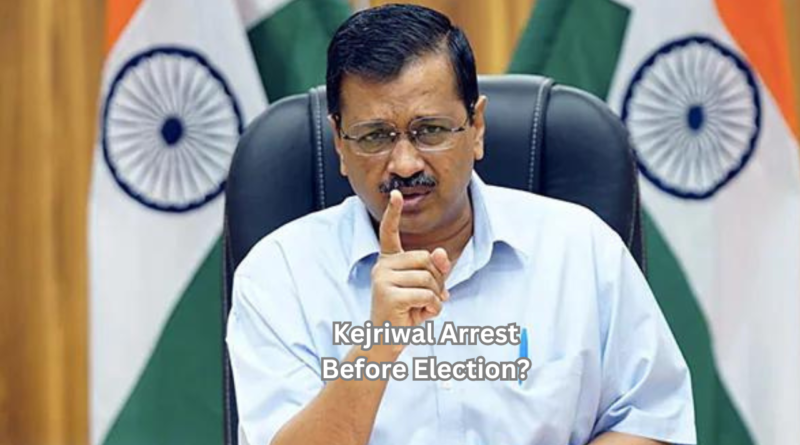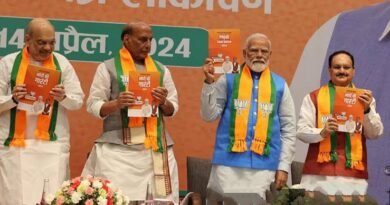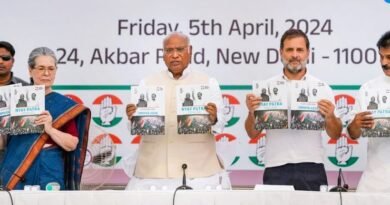Sitting CM can be arrest?
Chief Ministers facing corruption charges
Arvind Kejriwal, the chief minister of the National Capital Territory of Delhi, became the first sitting chief minister in Indian history when he was arrested on March 21, 2024, at approximately 9:00 p.m. IST, for not presenting himself for 9 summonses from the Enforcement Directorate regarding the money laundering case involving the Delhi liquor policy.
Sitting CM can be arrest?
In connection with the liquor policy issue, Delhi Chief Minister Arvind Kejriwal was remanded to the Tihar Prison till April 15; this is his third stay in the high-security facility. Arvind Kejriwal was taken into Tihar Jail and detained thrice before to this. The first occurred during Anna Hazare’s anti-corruption campaign in 2012, while the second occurred in a 2014 defamation lawsuit brought by Nitin Gadkari.
Since Mr. Arvind Kejriwal was imprisoned this time while serving as Chief Minister, the prison administration increased security surrounding his cell.
J. Jayalalitha
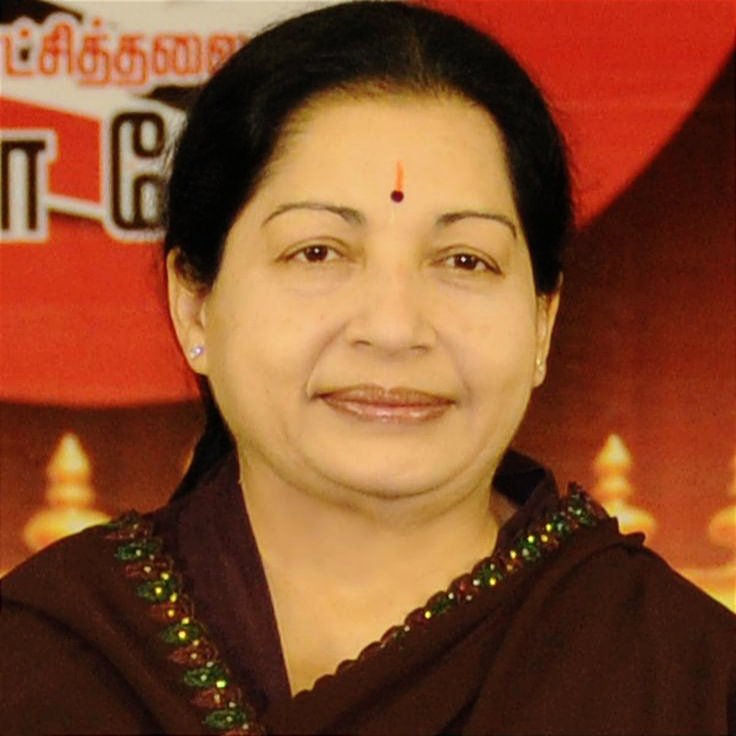
J. Jayalalitha was the nation’s first chief minister to resign from office and be taken into custody in relation to the issue involving disproportionate assets. She was arrested on December 7, 1996, and lodged in prison for a month for alleged corruption in the purchase of color TV sets for villages.
In 2014, a Bengaluru court found Jayalalithaa guilty in a case involving disproportionate assets, making her the first chief minister to have the title. She was found guilty and lost her position as Chief Minister, making her unable to serve as an MLA.
Lalu Prasad Yadav

Lalu Prasad Yadav, the supremo of Rashtriya Janata Dal, was initially mentioned in the CBI chargesheet about the fodder scandal in 1997. He was compelled to step down due to pressure from the opposition, and his wife Rabri Devi was named the next chief minister.
Hemant Soren
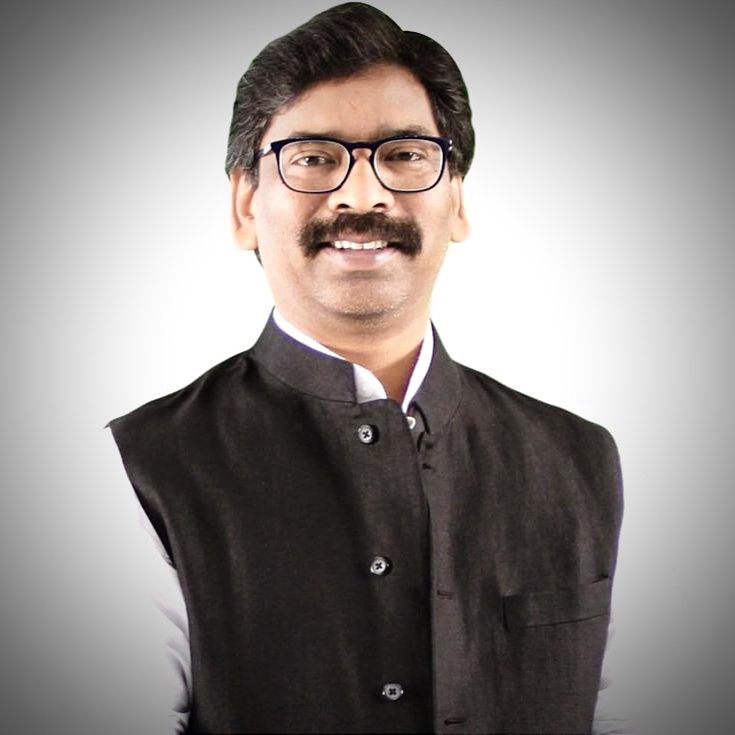
Hemant Soren, the executive president of Jharkhand Mukti Morcha (JMM), was forced to step down from his position as Jharkhand chief minister on January 31 of this year. This was just before the ED detained him in connection with a money laundering case over an alleged land fraud. He has since been imprisoned. The JMM gave Champai Soren, a seasoned party member close to Hemant, the chief ministership after his incarceration.
Rules and regulations for arresting cabinet ministers
Regarding the CBI, the agency’s authority to make an arrest is derived from the Code of Criminal Procedure 1973 (CrPC), which states that any individual for whom a court has issued an arrest warrant may be taken into custody. When it comes to executing the arrest warrant that the courts have issued, the officers are powerless.
When it comes to the arrest of a chief minister, the CBI is authorized to detain an accused individual as long as they follow specific guidelines and procedural requirements. They can only be taken into custody if there is sufficient cause to suspect that the accused would attempt to evade justice, flee, or destroy evidence.
Because their duties as Chief Minister have been carried out in accordance with the Indian Constitution and the laws, rules, and regulations of the Union of India, the Chief Minister, or de facto head of state government, is therefore treated legally in the capacity of a government official and is subject to arrest by the CBI on other grounds unrelated to their performance of official duties.
Members of Parliament are shielded from arrest by Section 135 of the Civil Procedural Code for a maximum of 40 days prior to, 40 days following, and during the time that Parliament is in session. The protection from arrest lasts for around 300 days in a year, with three parliamentary sessions lasting roughly 70 days apiece.But only civil cases are covered by the protection. There is no protection for any member of the Lok Sabha or Rajya Sabha in cases involving criminal charges or preventive arrests.
Immunity to President, Governors
The President of the Republic is the only official protected from arrest by the Constitution; during the duration of his or her office, the President is exempt from both civil and criminal procedures. The President of India and state governors are exempt from court accountability for “any act done in discharge of their official duties,” according to Article 361 of the Constitution.
In particular, this clause says that “no court shall have jurisdiction over the President, the Governor, or the Rajpramukh of a State for the exercise and performance of the powers and duties of their office, or for any act done or purported to be done by them in the exercise and performance of those powers and duties.”
PDT Achary, a former secretary general of the Lok Sabha, claims that only the President and governors are safe from arrest under the Constitution from both civil and criminal charges; they are not even allowed to be arrested for crimes committed while they are in office. Only after they leave office may any action, including criminal action, be taken. Additionally, the Supreme Court has established that the governor may act independently of the council of ministers when considering prosecution of cabinet members and the chief minister.
See Also

